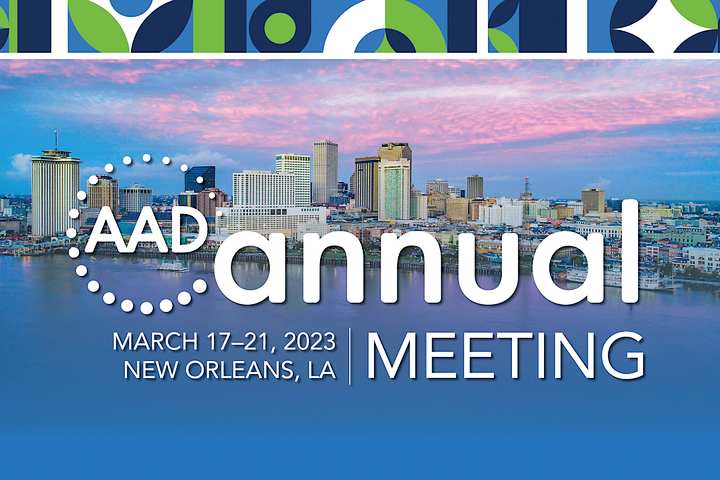 The American Association Of Dermatologist’s (AAD) annual conference is one of the largest venues internationally to share knowledge.
The American Association Of Dermatologist’s (AAD) annual conference is one of the largest venues internationally to share knowledge.
Medicine does not stand still and ensuring advances are shared matters to patients across the globe. Medical conferences hold a degree of promotion from service providers but are also good places to make contacts, or improve understanding.
Clinicians have a chance to talk with others who share their needs and attend presentations on a wide array of subjects. New technologies can be demonstrated for diagnosis and treatment, as was the case this year for skin cancer.
Enhanced Investigation
A hand held microscope called a dermatoscope is a core part of a dermatologist’s toolkit and much was said about improved use. A particular focus of presentations was on identifying patterns for benign, or malignant skin cancers.
Although less common, reflectance confocal microscopy is a way to look deeper and in use at our clinic. Good to see points covered on analysing confocal images and determining which lesions need to be excised.
Melanoma is a serious condition worldwide, which was given deserved time. Talks ranged from the epidemiology of melanoma, to the latest technologies for early detection and diagnosis, to new therapies becoming available.
The future of dermatology and skin cancer care are vital topics, although a fair amount of time was given to improving traditional approaches.
Surgical Intervention
A session aimed specifically at Mohs surgery took place, of interest to us with several Mohs surgeons at our practice. Techniques to optimise tissue collection from complex or challenging sites were covered, along with new approaches.
These included applying the burgeoning world of AI to evaluating patient needs, especially for those at high risk, or with high risk skin cancers.
Presentations also covered developing techniques for wound closure and reconstruction. A particular emphasis was on breaking down complex surgical defects, where multiple smaller reconstructions may provide a better outcome.
Continual Improvement
Patients may sensibly feel those treating them should already know what they are doing. Hopefully that is the case but medical care is an infinite and constantly progressive area of knowledge.
Conferences can also offer points on managing a practice optimally, or keeping to regulatory requirements. They help with anticipating the path dermatology will take and the facilities which will best serve patients.
Scientific journals are good places to share knowledge and see others build on this but face to face discussion can yield more. The future of skin cancer care, as with all medicine, will be built by cooperation.
